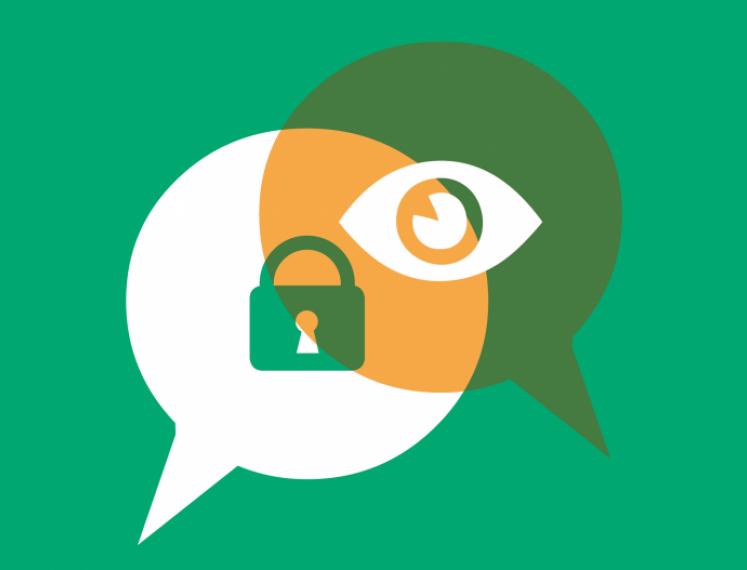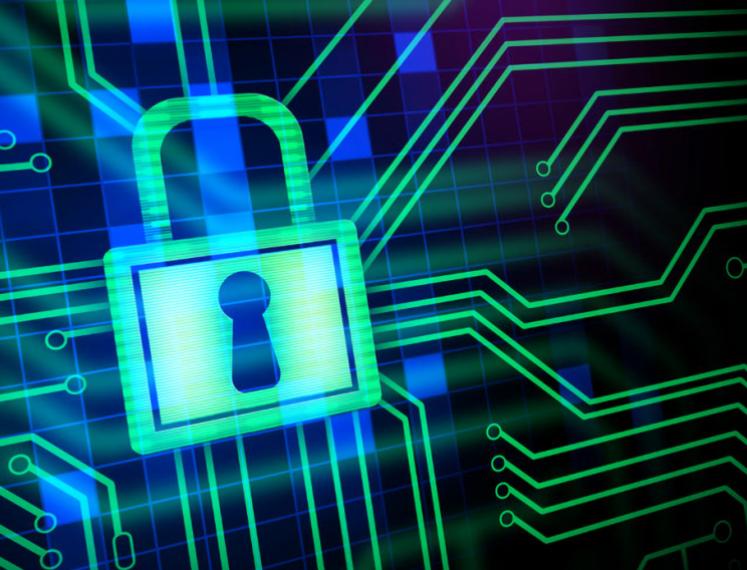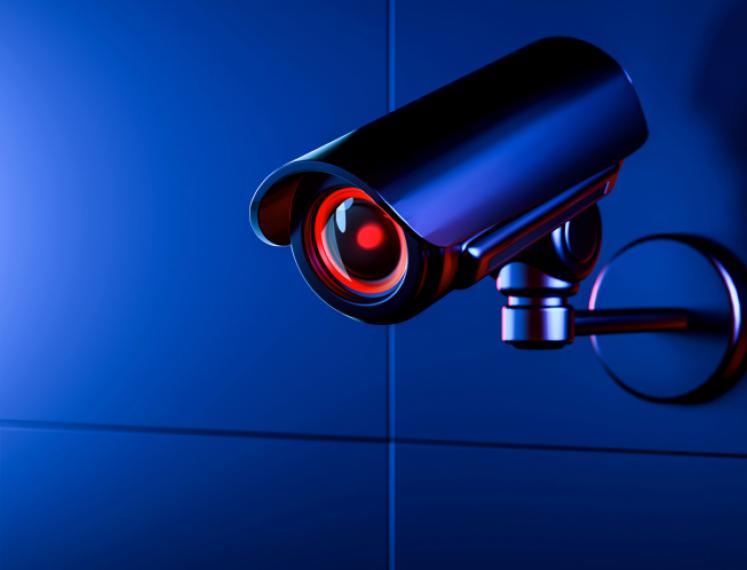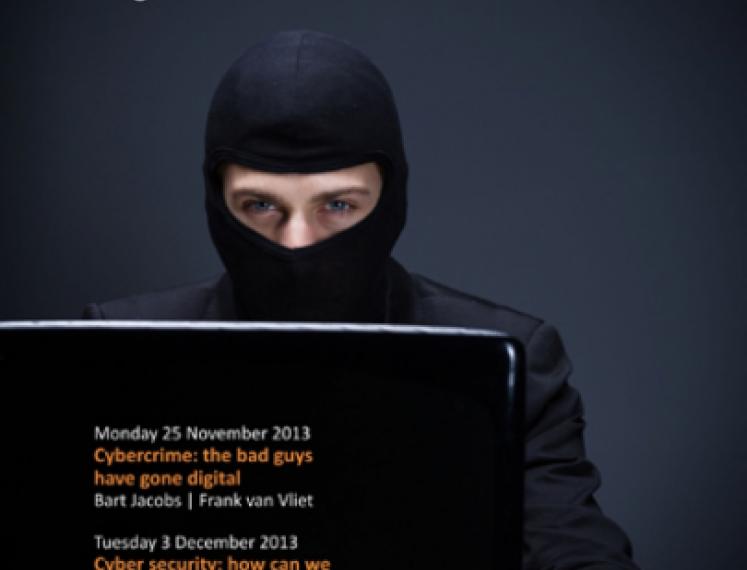
Data, apps and the corona crisis
The corona pandemic in some ways sparks a new technological revolution. We work from home, on our computers, using apps like Zoom and Google Hangouts, and we might have to use our smartphones to control the spread of Covid-19. Do you think twice before you install a new app on your phone, tablet or notebook? And what if your employer wants you to use a certain app? Do you check whether it’s safe and what personal data it collects? If the government wants you to install a tracking app, would you consider it? And what are the dangers and benefits of that? In Let’s Ask on 27 May, we’ll ask Oskar Gstrein from the University of Groningen everything about privacy and data in corona times. In this article, we’ll introduce you to the topic.
The 2020 corona pandemic is different from other pandemics in one way: we have access to a lot of technological devices that make it easier to keep social distance, to work from home, to track who contracted the disease and their contacts and to warn people of risks in their surroundings. They have quite an impact on our behaviour. Some of the changes involved, like working from home, got adapted quickly, while others, like the development of a tracing app, met more resistance.
How digitally hygienic are you? We’re not talking about washing your hands before you use your computer. Using your (private) computer for work, downloading apps to create video calls with your colleagues, chatting with them via Whatsapp or Slack or Telegram, and collaborating in documents via cloud services such as Google Drive have rapidly become part of our daily routines. Do you always update your computer, when it asks you to do so? Did you check the terms of agreement of an app thoroughly before you installed it? Do you know what data it will collect? Is it safe to use the software you use for your work? How is verification secured? And do you really need to install four different apps to follow an online webinar or to chat with that colleague from a different university? It might not always be easy to figure out which app is safe and which is not, but there are plenty of guides online to help you out. The last thing you want when working from home, is that your system fails because it’s being hacked. That’s why Gstrein stresses the importance of digital hygiene on the blog Staying safe in times of the Coronavirus of Campus Fryslan and gives you a quick guide to stay safe in times of corona.
Besides the use of tech in our daily routines, Gstrein points out that we should be cautious regarding the desire of governments to use our smartphones in controlling the disease. Only a few weeks ago, the Dutch government announced their plans to use mobile apps to track and trace suspected corona patients and their contacts. The announcement came with a disclaimer that such an app could only be launched if the data protection and privacy of its users would be secured. Shortly after, developers were invited to join an ‘appathon’, an event where they could present their ideas and experts would test them. None of the apps passed the tests, and even one of them already leaked data. The discussion about using apps then quietly disappeared from the Dutch political scene. However, the thoughts about the development of such an app seems to be an international desire, with even companies such as Apple and Google working jointly on one, and countries like China, Israel and Iceland are already using different varieties of it. Would it even be possible that companies, famous for collecting and selling user data, develop an app that can be trusted to be 100% privacy-friendly? How can we be sure they’re not merely developing a surveillance tool to control citizens? What can an app like this, in worst cases, also (secretly) be used for? And can we be sure that we can also uninstall the app after the corona pandemic? Experts, such as Oskar Gstrein and Jaap Henk Hoepman (Radboud University/University of Groningen) are critically following the developments. Are you willing to give up (a bit of) your privacy for the greater good? And for how long?
Are you interested in this topic and do you want to know more about it? Oskar Gstrein is our speaker in Let’s Ask… What is the Value of Privacy in 2020 on 27 May.


